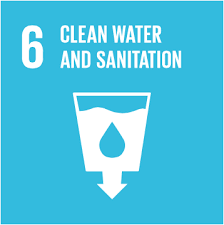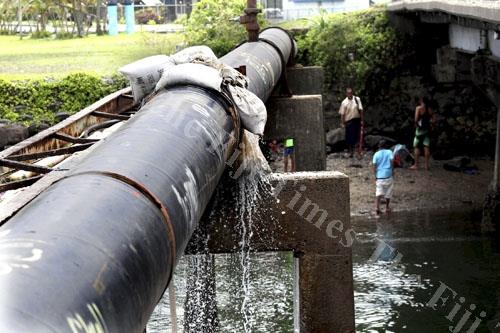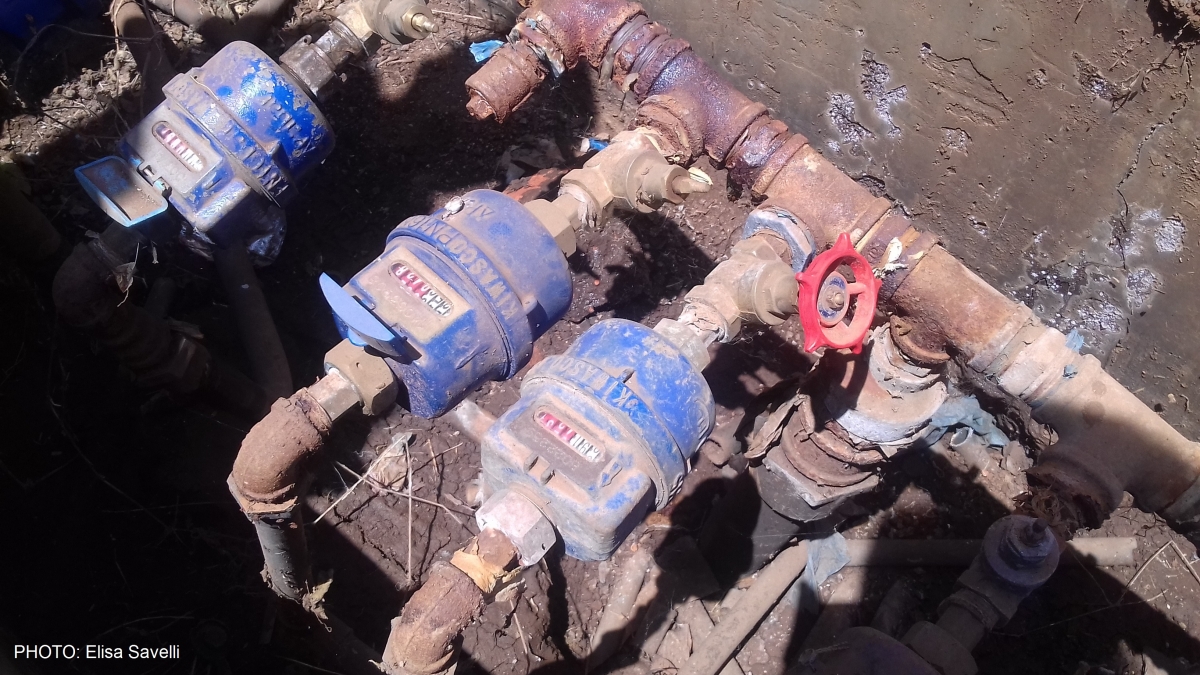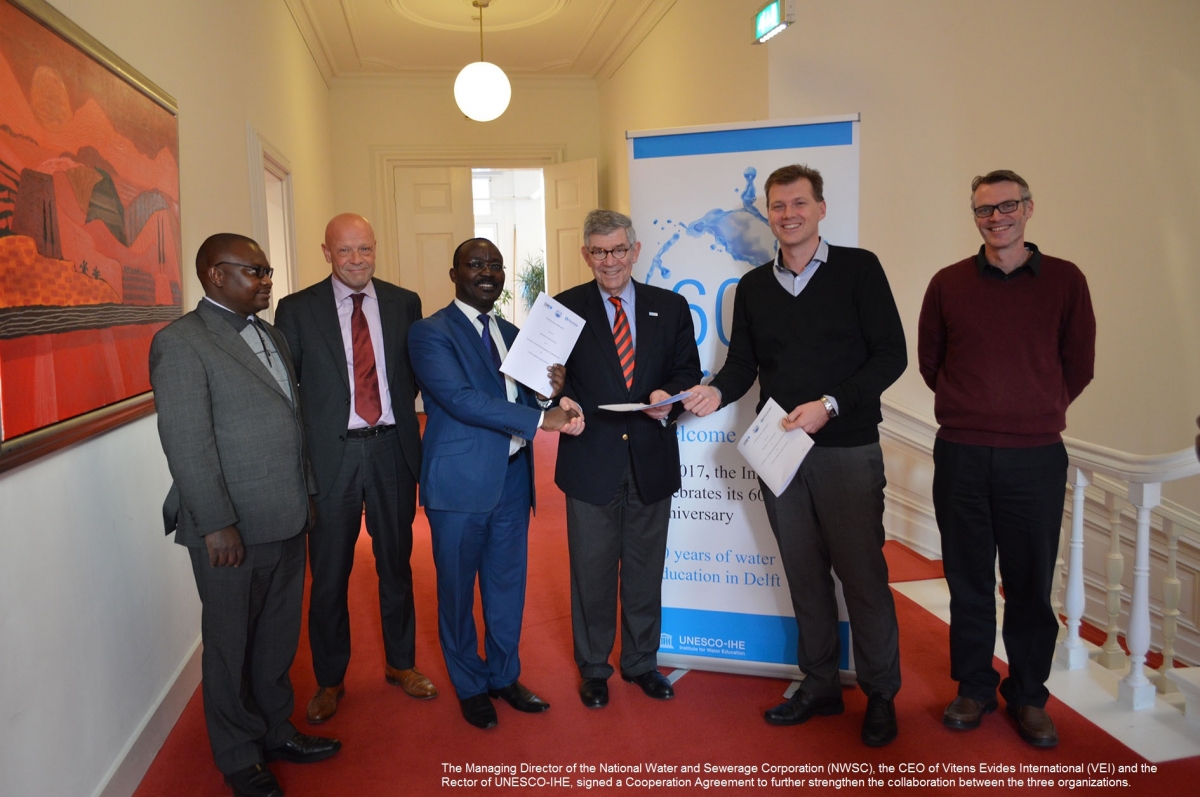Why Water Operators Partnerships?

Water operators are critical players in efforts to achieve sustainable and universal water and sanitation. Yet today many of them, lagging behind the increasing demand, face many challenges such as rapid urbanization, rising inequity, pressures on water resources, severe resource constraints and ineffective governance frameworks (Schwartz, 2016). According to the United Nations Secretary-General’s Advisory Board on Water and Sanitation “The operators who deliver water services need help” (Hashimoto, 2006).
Urban Water Challenges
As a results of rapid urbanization and poorly functioning utilities, urban water services are characterized by frequent interruptions, poor water quality and a network restricted to a portion of the city´s inhabitants. In most cities in the Global South, water utilities supply water to only 60%-75% of the city's inhabitants. The remaining citizens have to rely on alternative sources which are often more expensive and of poorer quality. Urban water services in developing countries, have been described as an 'archipelago' to highlight the uneven service provision realities in such cities (Bakker 2003).

Apart from inequalities and low service coverage issues, other problems that plague water utilities include high unaccounted-for-water, which often averages between 40% and 60%, and overstaffing (Mwanza, 2005). Non-Revenue Water rates of 40%-60% mean that half of the potable water produced by a service provider does not provide any revenue for the water utility. This result with service providers often confronted with financial problems due to a combination of low tariffs, poor consumer records and inefficient billing and collection practices (World Bank, 1994; Foster, 1996; Mwanza, 2004).
The poor performance of water utilities has led to a situation in which 800 million people lack access to adequate water supply services and 2.4 billion people lack access to adequate sanitation services (UNDP, 2016)
Water Operators Challenges
“Publicly owned and managed water operators currently provide more than 90% of the world’s piped water and even small managerial improvements could yield major benefits”(Hashimoto, 2006).
Water operators are critical players in efforts to achieve sustainable and universal water and sanitation. Yet today many of them, lagging behind the increasing demand, face many challenges such as rapid urbanization, rising inequity, pressures on water resources, severe resource constraints and ineffective governance frameworks (Schwartz, 2016). According to the United Nations Secretary-General’s Advisory Board on Water and Sanitation “The operators who deliver water services need help” (Hashimoto, 2006).
- Poorly functioning utilities

- Discontinued urban water services
- Poor water quality
- High Non-Revenue Water rates (40%-60%)
- Low Revenue Collection
- Network restricted to some of city´s inhabitants
- Low Coverage (60%-75%)
- Unequal access
This awareness is also exacerbated by the failures and increasing difficulties faced by many public-privates arrangement which were promoted over the last 2 decades as a solution to overcome water supply challenges (Schwartz, 2016). The UN Water and Sanitation Board thus recommends as a way forward water operators partnerships (WOPs), new structured programme of cooperation among water operators.

Water Operator Partnerships
WOPs are peer-support arrangements between two or more water service providers, carried out on a not-for-profit basis in the objective of strengthening operator capacity. They are based on the observation that capacity development supported by mentors can accelerate water operators’ ability to meet the challenges facing the sector. They draw on the fact that much of the innovation and expertise to address water operators’ challenges reside within utilities (not with consultants or other external experts), and that a growing number of successful operators are highly motivated to share their expertise and innovation with others as “mentors” on a not-for-profit basis.


The Water Operators’ Partnerships (WOPs) initiative is grounded on the belief that strong local capacity can provide the foundations to respond to emerging challenges with meaningful and lasting solutions. To this end WOPs could in the long term support water operators in their organisational development efforts to effectively manage water services provision.